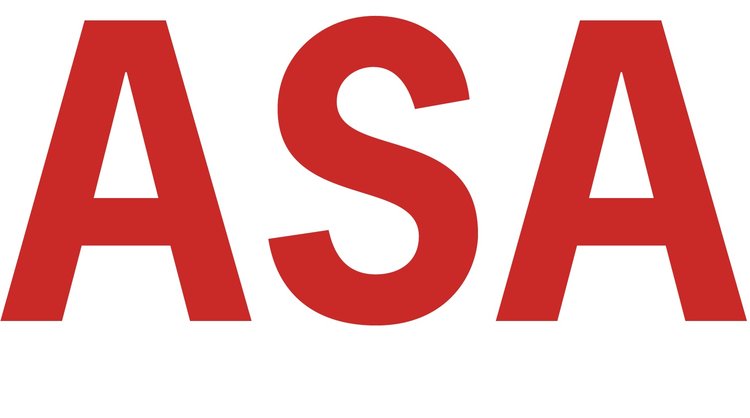Emily O’Neill discusses how deepfakes—pictures, videos or other recording that is altered with AI—have become a rapidly advancing technology with a range of criminal applications. Deepfake risk management remains critically under-examined in the current literature. As such, this paper aims to add to the conversation by exploring the risks deepfakes pose to the private sector as well as identifying corresponding mitigation techniques.
Read MoreReputational Risk
Kyoto Animation Arson Attack Risk Analysis
Bingyan Wang conducts an assessment of the risk conditions leading up to the 2019 arson of Kyoto Animation’s Studio 1 building, which killed 36 people and injured 33 more. The risk conditions included reputational risk and multiple types of operational risk, and some of the various preventative controls that failed to prevent this tragedy. The analysis includes suggestions for lessons learned going forward for companies of all types.
Read MoreInstagram and Mental Health — Profits or Positivity?
Connor Tatman discusses the risks facing the picture-sharing application Instagram, a social media giant, as it explores ways to balance the mental health of its users and the way it currently generates its revenue, namely advertisement through direct sponsorship and marketing via social media influencers. If Instagram shifts its user experience away from “likes” being publicly visible, it must consider a number of potential risks to its current business model. The author identifies some of these risks, and potential steps to mitigate that exposure.
Read More#DeleteUber
Lee Segal discusses how the disruptive and once innovation company Uber has continued its downward spiral, with a growing number of stories emerging of executives making unethical decisions that will have lasting consequences for the company’s reputation and bottom-line.
Read MoreEvaluating the Risks to the National Football League
Lukas Guericke discusses the various types of risks that the National Football League (NFL) faces, not only its unique risks to its players and fans, but those that stem from the vast number of employees who have built careers around the operations and broadcast of American football. The author evaluates the risk landscape, including the safety of players, the risks arising from player conduct, and the risks of cyber and physical attacks.
Read MoreUber Recovery
Joe Pollock discusses how Uber’s success in disrupting the transportation industry has not prevented the decay of the company’s internal culture and resulting risks to its future success. The author examines how an enterprise risk management plan could be developed by utilizing the COSO framework. Uber will need to implement immediate, drastic, and widespread changes to shift the direction of the company’s future.
Read MoreDelta Airline’s Power Outage Risk Analysis
Sukhman Tiwana discusses the power outage that sent shockwaves through Delta Airline’s operations in August 2016 for multiple days, resulting in significant financial and reputational losses. The crisis revealed some underlying system and operational weaknesses. The author examines some of the potential steps Delta can take to reduce risks and improve future operations.
Read More